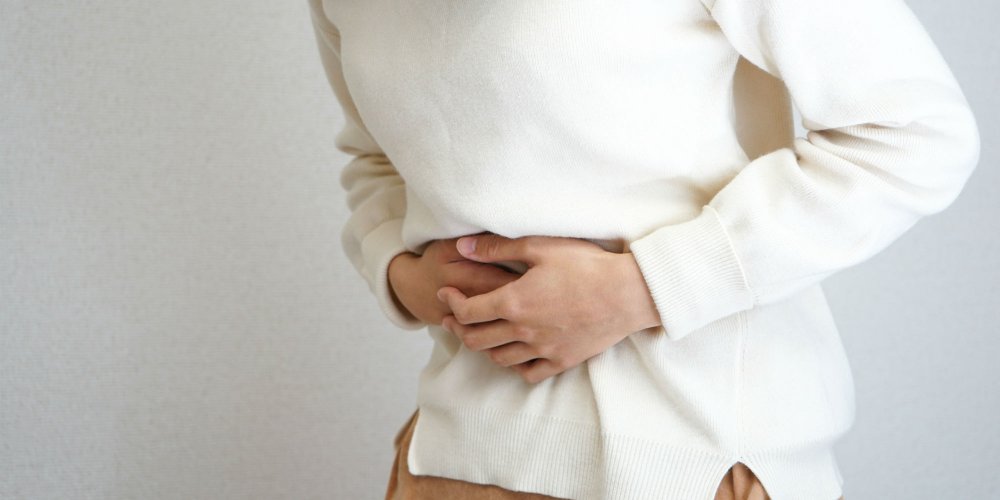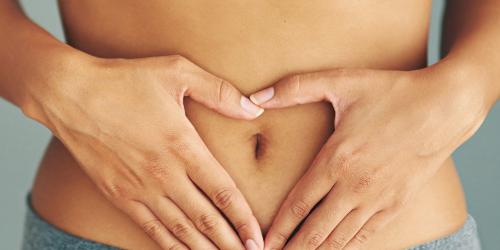The ulcer is characterized by heartburn, severe stomach pain (under the sternum) that radiates to the back, loss of appetite, and nausea. But it should not be confused with gastritis which corresponds to inflammation - not ulceration - of the lining of the stomach.
In people with ulcers, the pain disappears at mealtime and reappears one to two hours later because the absorption of food reduces gastric acidity, and thus the excitement of open wounds.
Essential exams
To diagnose an ulcer, the gastroenterologist must perform fibroscopy. He introduces under anesthesia into the mouth a small pipe with a mini-camera to visualize the inside of the stomach and duodenum, the upper part of the intestine. He also carries out samples on the mucosa to identify the possible presence of Helicobacter pylori, a bacterium involved in the genesis of many ulcers.
Helicobater pylori is present in a quarter of the population: it is found in one in five people under 30 years and in one in two people after 50 years. It often induces almost no noticeable symptoms. Only 10% of those infected will develop an ulcer in the stomach or intestine. And in 1% of cases gastric cancer.
Help the ulcer to heal
If the ulcer has a hole in the stomach or duodenum wall, surgery is needed to restore the integrity of the organs. In case of bleeding, the gastroenterologist may cauterize the laser wounds during endoscopy. But in more than 70% of cases, the bacterium Helicobacter pylori is involved. It must be eradicated so that the ulcer heals and does not reoffend. "The treatment is based on taking antibiotics for ten to fourteen days," says Dr. Franck Zerbib, gastroenterologist at the University Hospital of Bordeaux.
As more and more bacteria become resistant, two or three different antibiotics are often prescribed, as well as an antisecretory drug (an anti-proton pump) to neutralize the acidity and thus promote healing. The ideal is to be able to test the sensitivity of bacteria taken from the stomach against antibiotics, but the technique is not yet widespread in France.
How to avoid the aggravation of an ulcer?
Contrary to what we have long thought, chronic stress is not the main cause of ulcers. But it is a favorable factor because it increases the acid secretions of the stomach. All so-called antistress techniques (relaxation, ventral breathing, sophrology , mindfulness meditation , ...) are therefore recommended for people prone to gastric ulceration.
" Tobacco and irritating foods are also to be banned," says dietitian Thérèze Ellul-Ferrari, author of "120 gourmet recipes for your digestive comfort" (Grancher ed.) Avoid or limit drastically especially pepper and chili, strong alcohol, coffee, raw tomatoes, fats and soft drinks as they damage the digestive mucosa ".
Some medications eventually promote the appearance of gastric ulcers, such as aspirin or ibuprofen. Talk to your doctor about changing your treatment if you have gastric sensitivity.




